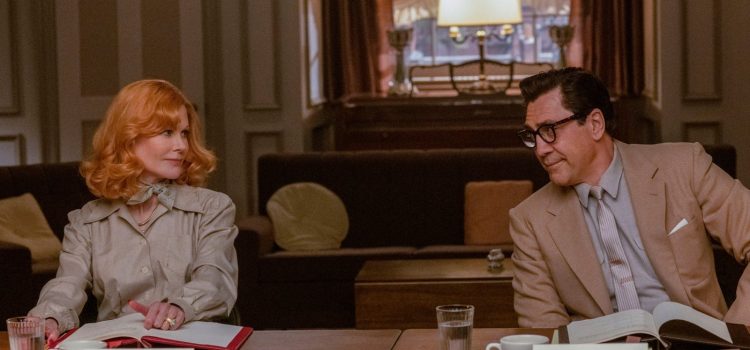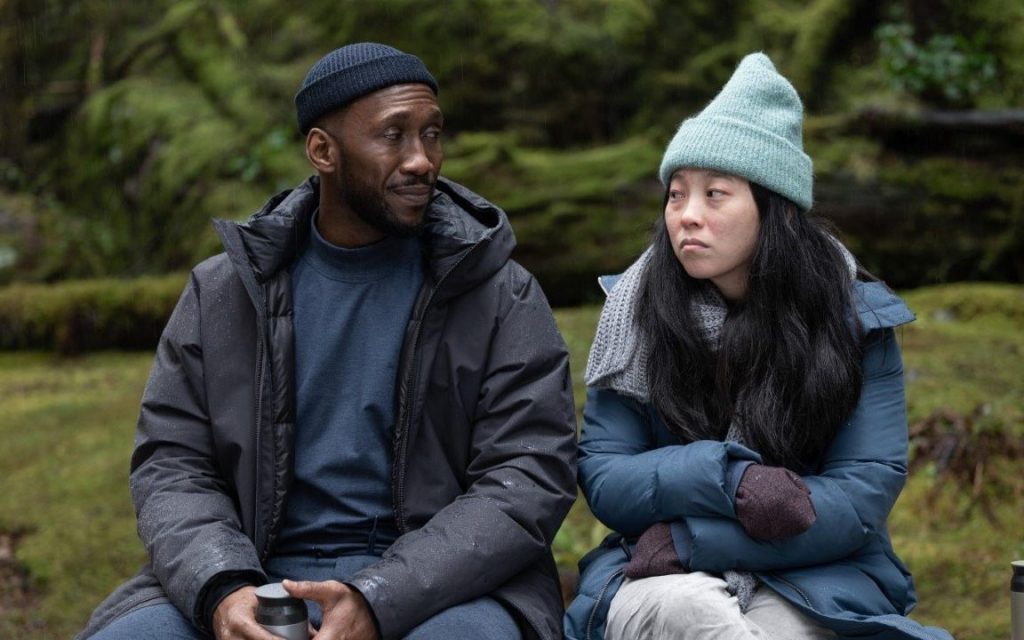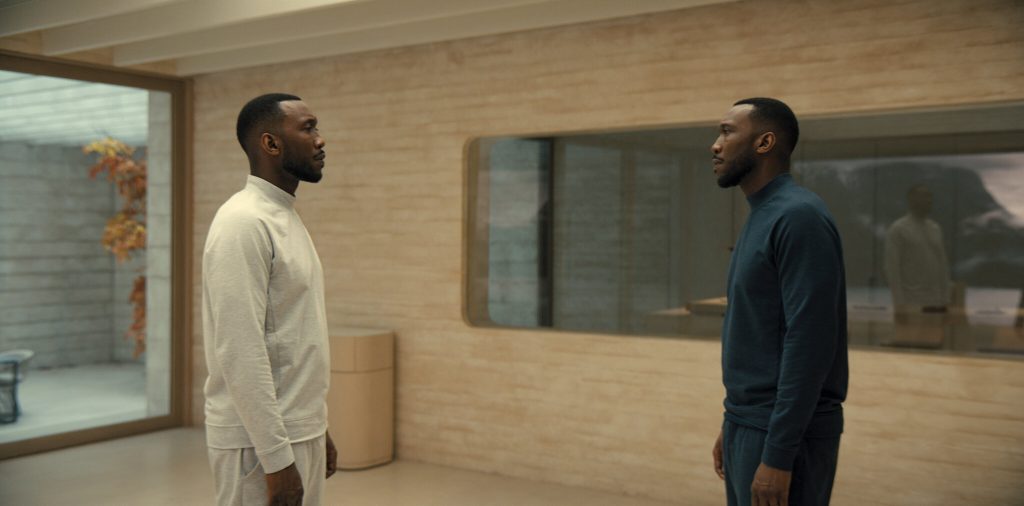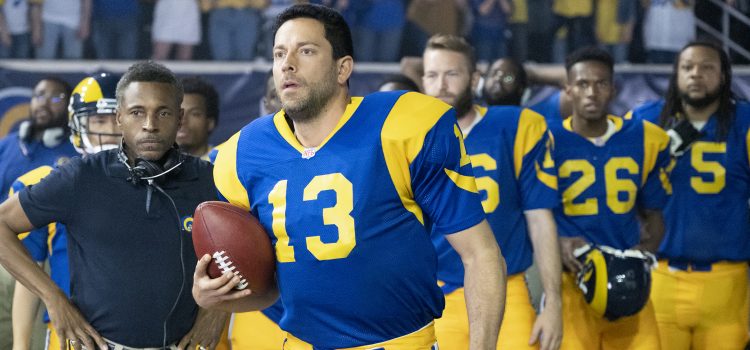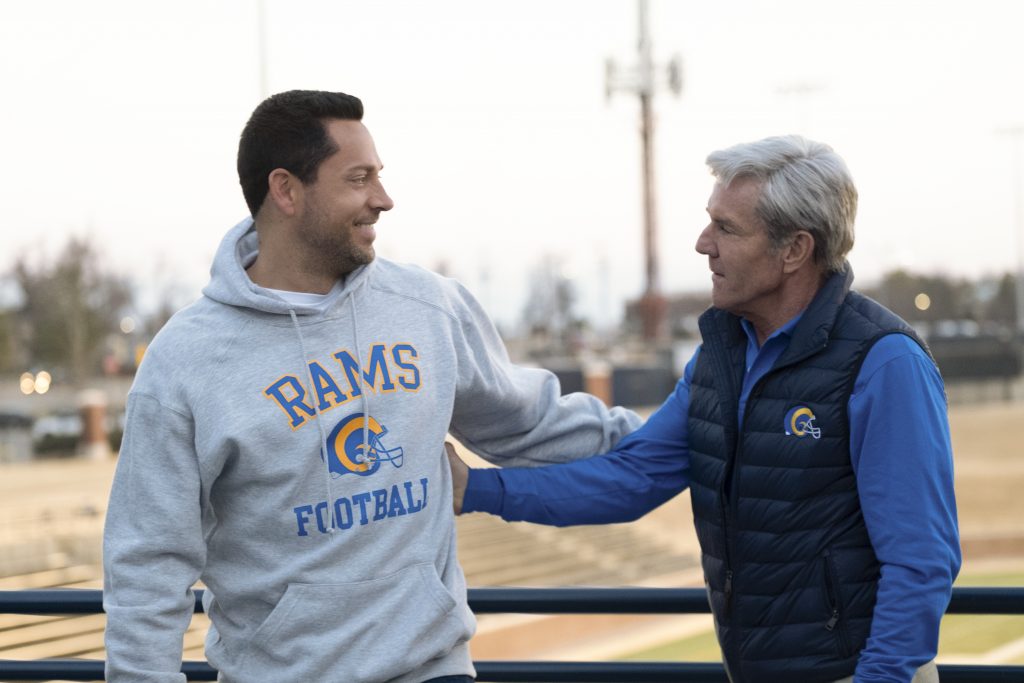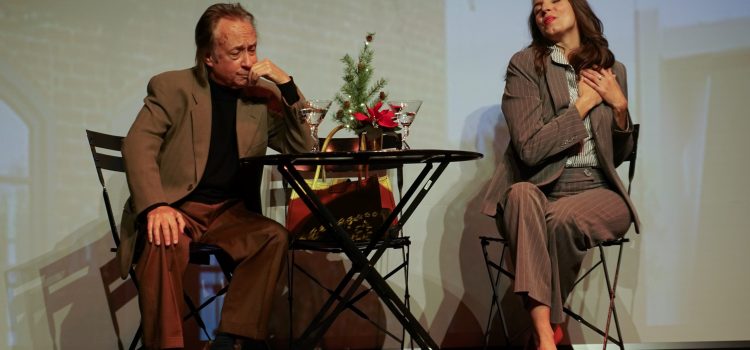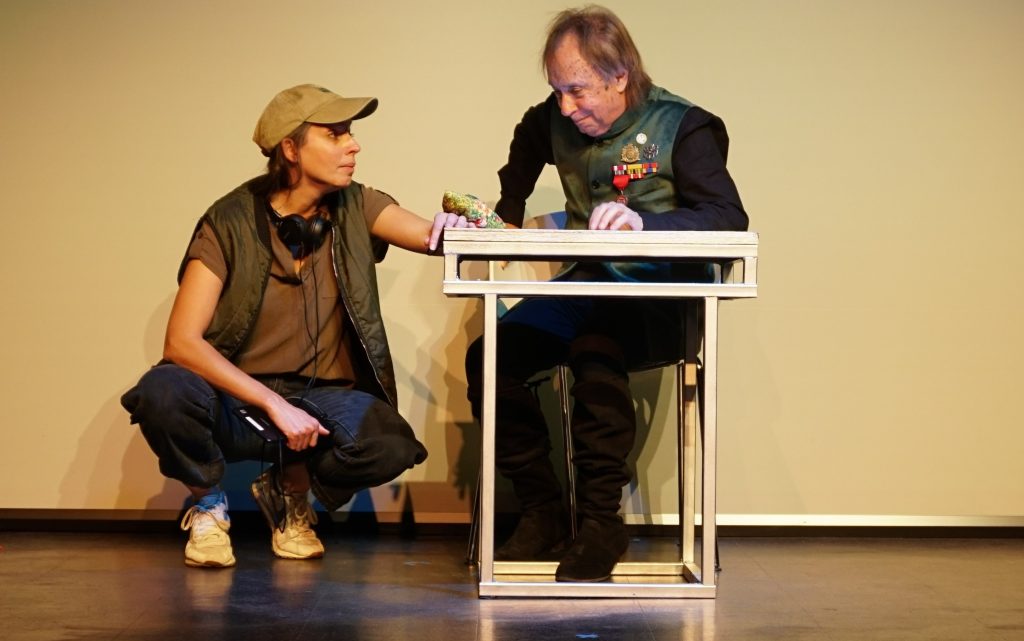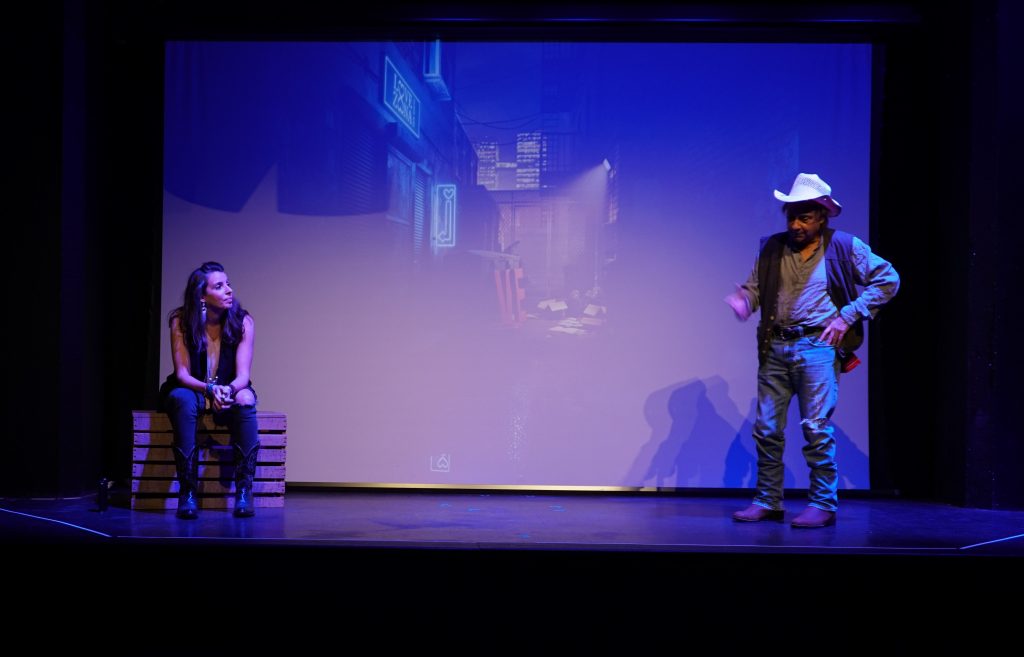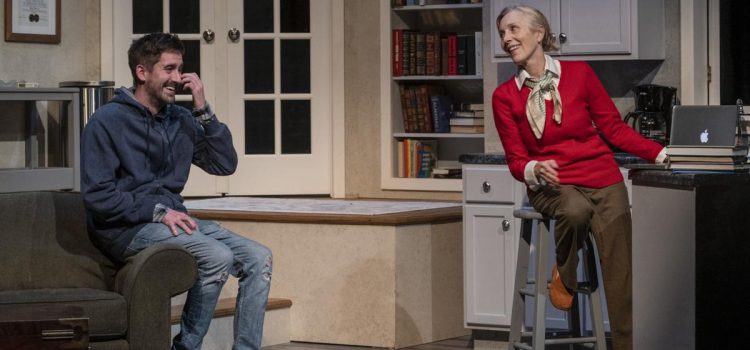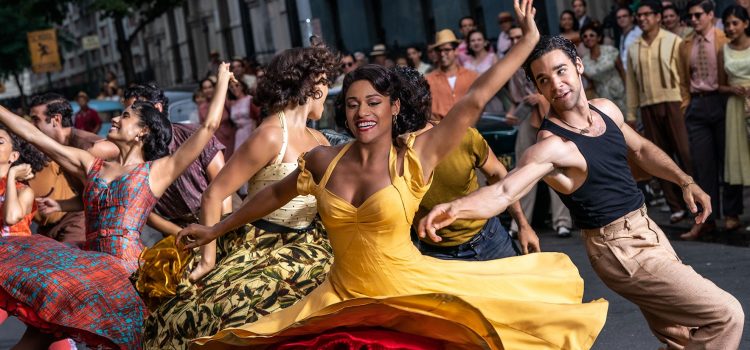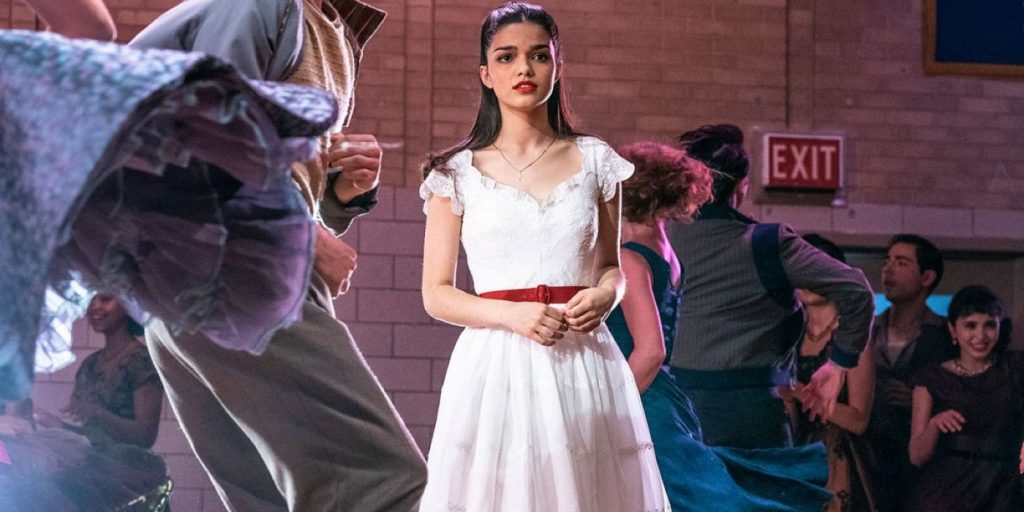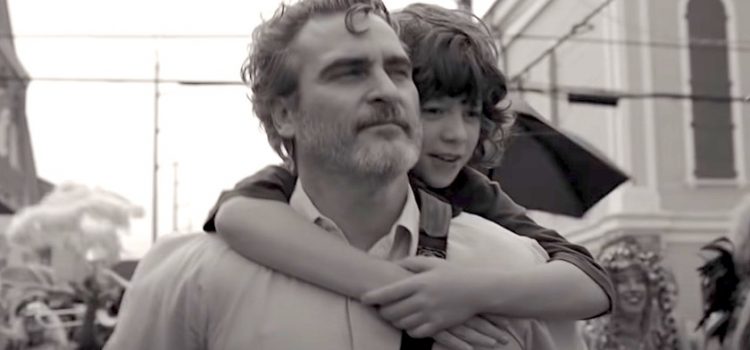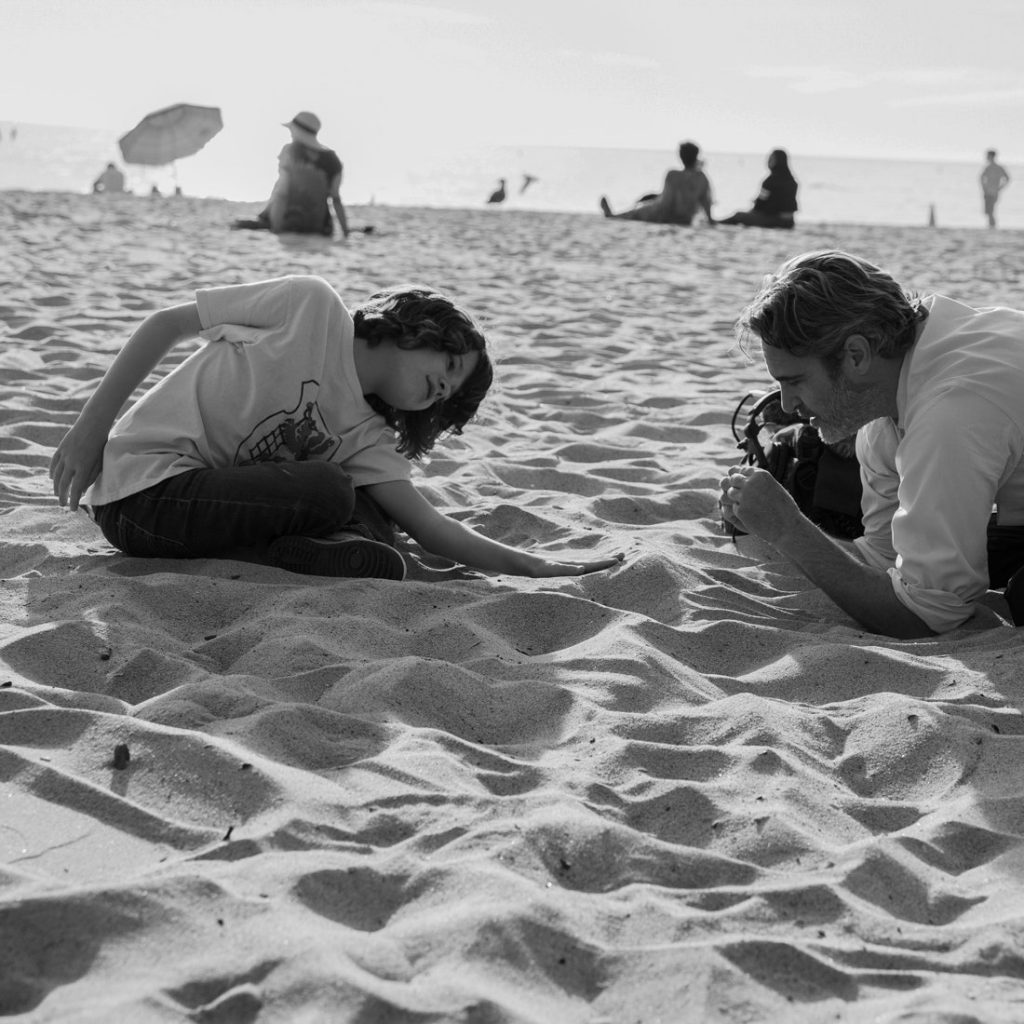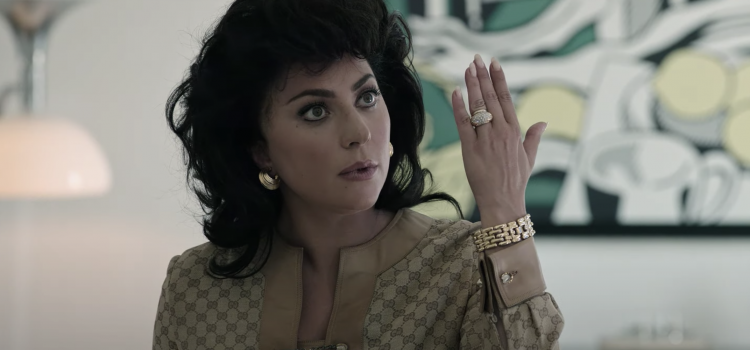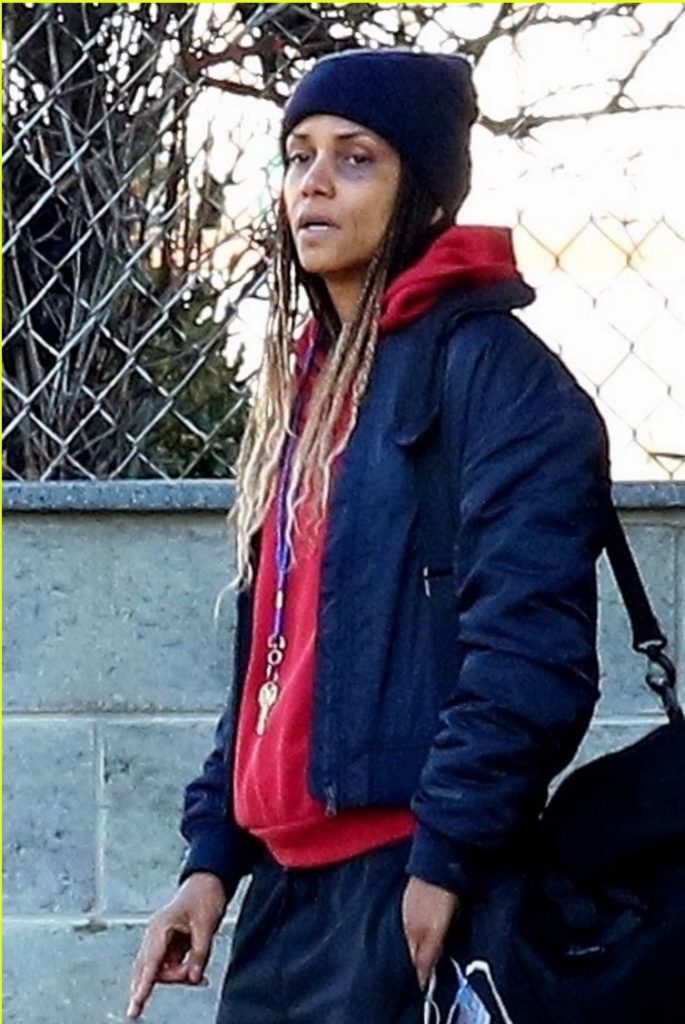By Lynn Venhaus
One of the best films of the year, “Being the Ricardos” defies expectations, and it’s exhilarating.
During one critical production week of their groundbreaking sitcom “I Love Lucy,” Lucille Ball (Nicole Kidman) and Desi Arnaz (Javier Bardem) are threatened by shocking personal accusations, a political smear, and cultural taboos in Aaron Sorkin’s behind-the-scenes drama “Being the Ricardos.”
Because this biographical drama focuses on richly textured storytelling, an extraordinary ensemble goes beyond impersonations of the “I Love Lucy” cast to seamlessly weave potential personal and professional crises within one week’s time.
Writer-director Aaron Sorkin has brilliantly constructed how household names Lucille Ball and Desi Arnaz coped with damaging headlines while filming their groundbreaking television series that was seen by 60 million viewers each week.
The sitcom, which ran for six seasons from 1951 to 1957, was the first scripted television program shot on 35mm film in front of a studio audience and the first to feature an ensemble cast.
It was a big deal. One of the most influential shows in history, it was voted Best TV Show of All Time in a 2012 survey conducted by ABC News and People magazine. Fans remember certain episodes fondly – the unforgettable candy factory, Vitameatavegamin and grape stomping to name a few. (Don’t worry – fans get a taste).
Sorkin incorporates the Red Scare, courtesy of the hysteria caused by the House Committee on Un-American Activities by now disgraced Sen. Joseph McCarthy, as tabloid headlines screamed Lucy was a Communist – and powerful gossip columnist Walter Winchell announced it on his weekly radio show.
Sorkin also depicts how cavalierly women were treated in Hollywood in a sharp script that can resonate with modern audiences.
After five Emmy Awards for “The West Wing” and multiple Oscar nominations – and one win for “The Social Network,” his style is familiar – “Sorkin speak” – and it remains riveting.
Above all, the film concentrates on the relationships. The actors nimbly deliver the material to make it sing – and zing.
Lucille Ball is portrayed as a talented creative force who struggled to be taken seriously in a male-dominated business in the early days of a young industry. She was tough, but she had to be, and fought for what she wanted.
The time is 1952, and the creative team gets everything right about the period – including attitudes and social mores.
And so do the actors — three Academy Award winners and one Tony Award winner deliver a master class on portraying four real people from the inside out.
Proving the naysayers wrong, Nicole Kidman may make believers out of her harshest critics with her multi-layered portrayal. She shows us different facets of Lucy’s life – the wife, mother, performer, and producer.
Kidman works fluidly with equally magnetic Javier Bardem as her mate and business partner, and he’s an indelible Desi Arnaz – he captures the savvy producer, protective husband, charismatic singer, vivacious musician, and a Cuban immigrant torn from his former life.
A pioneering power couple, both were driven, intelligent people who blazed trails and envisioned the big picture. They had a tempestuous hot-cold relationship that affected their careers and didn’t last in their personal lives. Sorkin honors them as visionaries while not sugar-coating their issues.
As the show’s sidekicks Fred and Ethel Mertz — the Ricardos’ landlords – William Frawley and Vivian Vance were further from their character’s reality than the public knew.
As hard-drinking, sarcastic veteran Bill Frawley, ace character actor J.K. Simmons is a terrific grumpy old guy with little tolerance for fools – yet a softer, wiser man when letting his guard down. He’s a certain supporting actor nominee, and awards nominations should be forthcoming for all.
A spirited Nina Arianda, 2011 Tony Award winner for “Venus in Fur” in her first Broadway role, knows exactly who Vivian was and honors the second-fiddle actress while announcing her arrival in a major way.
TV was just beginning to be a force for societal change, and “I Love Lucy” was the biggest show on television at that time, the gem in CBS’s crown.
Back then, the sitcom’s premise was different – As the wife of Cuban bandleader Ricky Ricardo, Lucy tries to help him succeed in show business but usually gets in a pickle, driving her husband crazy. She usually enlisted best gal pal Ethel Mertz – her neighbor – in the shenanigans.
When the Ricardos welcomed little Ricky back in 1953, it was a major TV event. This film shows how the sausage was made, so to speak – the network brass dealing with Lucy’s real-life pregnancy in a typical tone-deaf way indicative of the times.
The supporting cast excels at revealing the period restrictions, and the dilemmas involved in running a successful TV show. Tony Hale, Alia Shawkat and Jake Lacy play crucial staffers Jess Oppenheimer, Madelyn Pugh, and Bob Carroll Jr. as their young selves while John Rubinstein, Linda Lavin and Ronny Cox play them as older retirees looking back.
As director, Sorkin shows us the writers’ room and the soundstage, then opens the doors on their personal life – and their Hollywood back stories. It’s a revealing glimpse into the personalities as well as Lucy’s comedic genius and Desi’s practicality focused on moving the show forward.
This is only his third film directing, and most accomplished work to date (“Molly’s Game” and “The Trial of the Chicago 7” preceded it.)
In a clever move, Sorkin displays Lucy’s thought process on making scenes work – and often better. Alan Baumgarten’s editing and Jeff Cronenweth’s cinematography are exceptional in this regard, but every element – Jon Hutman’s production design, Susan Lyall’s costume design and Daniel Pemberton’s music score come together in a top-tier polished way. Most have worked with Sorkin before.
As is well-documented, the Arnaz’ marriage didn’t survive – and we see why here. In this case, Desi has more explaining to do than Lucy.
And Sorkin took creative liberties with the storyline – the events happened, but not in seven days. But it’s fascinating nonetheless and a well-crafted showbiz drama. Comedy is not pretty, Steve Martin titled his third comedy album in 1979, and this film certifies that to be true.
Above all, the film serves up a fresh appreciation for the talented pair. Engaging and entertaining, “Being the Ricardos” is a lush look at legends Lucille Ball and Desi Arnaz and the way they were at a crossroads time in America.
“Being the Ricardos” is a 2021 drama directed and written by Aaron Sorkin. Starring Nicole Kidman, Javier Bardem, JK Simmons, Nina Arianda, Tony Hale, Alia Shawkat, its run time is 2 hours, 11 minutes and is Rated R for Language. In theaters on Dec. 10 and on Amazon Prime on Dec. 21. Lynn’s Grade: A.

Lynn (Zipfel) Venhaus has had a continuous byline in St. Louis metro region publications since 1978. She writes features and news for Belleville News-Democrat and contributes to St. Louis magazine and other publications.
She is a Rotten Tomatoes-approved film critic, currently reviews films for Webster-Kirkwood Times and KTRS Radio, covers entertainment for PopLifeSTL.com and co-hosts podcast PopLifeSTL.com…Presents.
She is a member of Critics Choice Association, where she serves on the women’s and marketing committees; Alliance of Women Film Journalists; and on the board of the St. Louis Film Critics Association. She is a founding and board member of the St. Louis Theater Circle.
She is retired from teaching journalism/media as an adjunct college instructor.

